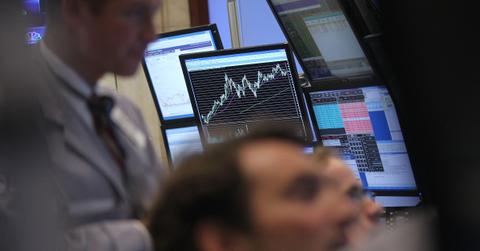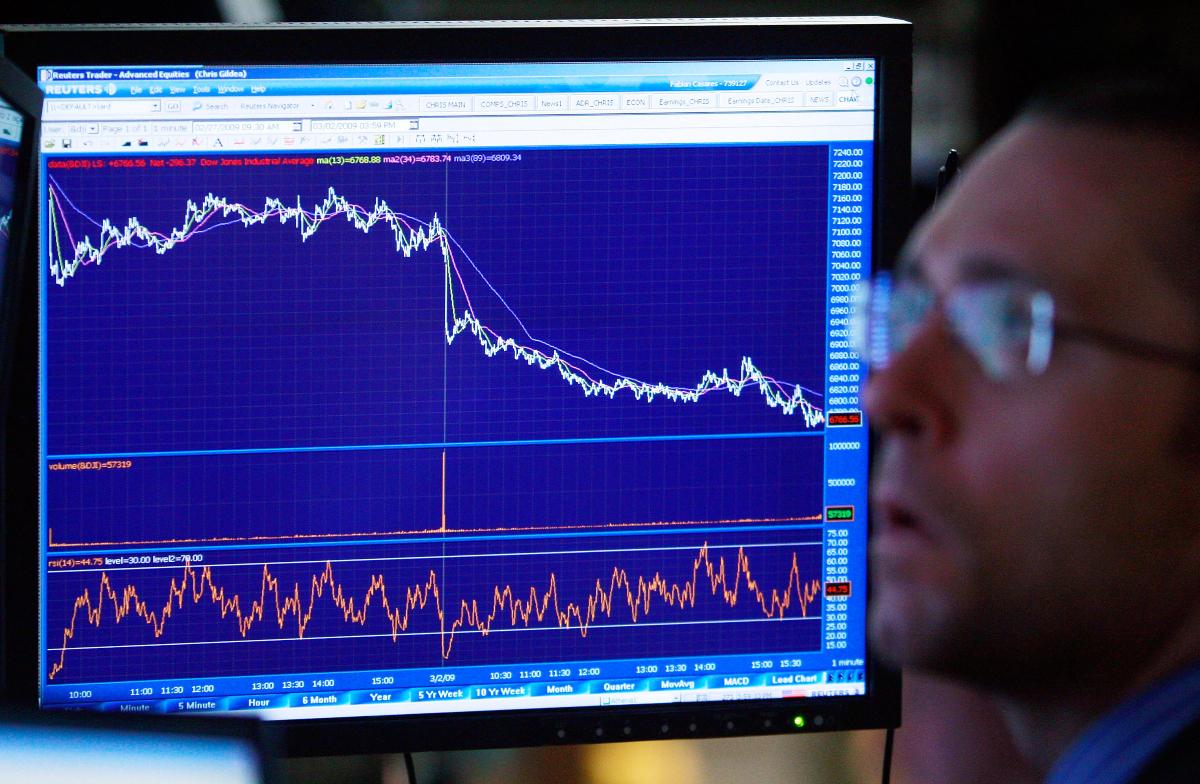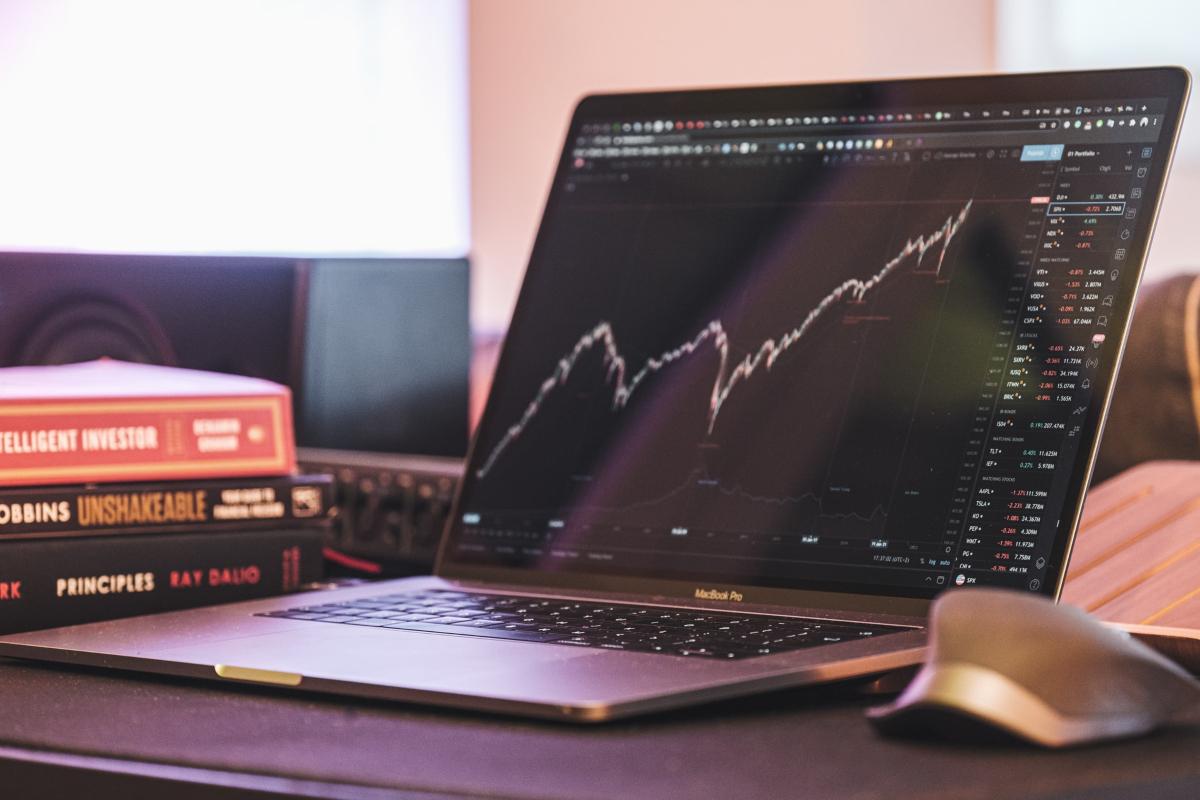Call Options, Explained: Why WallStreetBets Loves the Trading Strategy
There are two kinds of options, call and put. What are call options and why are they so popular among WallStreetBets members? Learn more about the trading strategy.
Jan. 7 2022, Published 10:15 a.m. ET
When investing in any asset, you can either buy the underlying asset or get exposure through a derivative. As the name suggests, the derivative gets its value from the underlying assets. Options are among the most widely used derivatives. There are two kinds of options, call and put. What are call options and why are they so popular among WallStreetBets members?
In general, derivatives are risky and are leveraged bets on the underlying. Different derivatives have different payoffs and it's important to get well versed with them before trading.
What are call options?
In simple terms, a call option is a contract where the buyer has the right, but not the obligation, to buy the underlying asset at a predetermined price. In contrast, the seller of the call option has the obligation to sell the underlying asset. While a call option buyer has unlimited upside, the option seller has a limited upside and unlimited downside.
Before proceeding further, let’s familiarize ourselves with some of the key terminologies in call options.
- Option premium: This is the premium that the call buyer pays to the call seller
- Strike price: This is the predetermined price at which is the contract is exercised
- Expiration date: Options are dated contracts and are valid only on or before the expiration date
Call options are either American or European.
Options, which include both call and put options, are either American options or European options. While an American option can be exercised any time before the expiration date, the European option can only be exercised on the expiration date.
What are payoffs in a call option?
If you buy a call option, you're long on the underlying and you profit when the price of the underlying goes up. The payoff would be the spot price minus the strike price. However, to determine the actual profit, you would need to deduct the premium from the payoff. You buy a call option when you're bullish on the underlying and expect the price to go up.
It's important to understand the strike price versus the spot price.
The spot price of the underlying asset keeps on fluctuating. If the spot price is above the strike price, the option is said to be “in the money.” Similarly, if the spot price is below the strike price, the call option is “out of the money.” A call option is “at the money” when the strike price and spot price are equal.
How are options prices determined?
The Black-Scholes model is used to determine option prices. It’s a complicated model and uses five variables which are, the price of the underlying asset, the strike price, the time to expiration, volatility, and the risk-free rate.
However, for simplistic understanding, an option’s price has two components, which are the intrinsic value and the time value. The intrinsic value is the difference between the spot price and the strike price. At the money and out of the money call options don’t have any intrinsic value.
The second component of the call option is the time value, which is more difficult to calculate. However, there's a time decay and the time value of an option gradually erodes as we approach the expiration date. On the expiration date, the time value is zero and the option is worth the intrinsic value.
Are options a good trading strategy?
Options can be a good investing strategy if you want to bet on an asset while having some downside protection. If the asset goes up, as you had envisioned, you would end up making a profit. If the prediction goes wrong, your losses are limited to the initial premium paid.
However, it's a risky strategy and unlike stocks where you can hold them until the price goes up, the option expires worthless on the expiration date if your prediction is wrong. Being a leveraged bet, options are riskier than the underlying asset and only risk-tolerant investors should trade in them.
Why do Reddit traders love call options?
If you scroll through Reddit group WallStreetBets, you’ll find that several traders buy massive call option quantities, YOLO, as they say in WallStreetBets lingo. That’s simply because the payoffs can be massive if the call option goes right. Some Reddit traders made a lot of money by buying call options in meme stocks.



